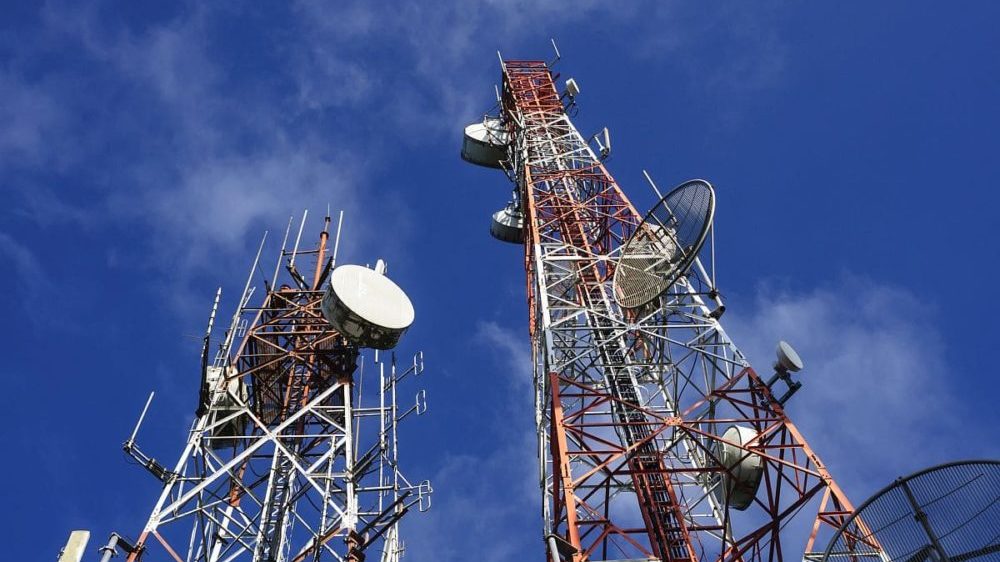The telecom sector is likely to face several risks and challenges in network sharing under the proposed Telecom Infrastructure Sharing Framework.
Strategic lock-in, future mergers and divestment will become complex and there will also be a loss of control and independence.
The draft of the Telecom Infrastructure Sharing Framework highlights that cellular network sharing has got the attention of the majority of mobile network operators worldwide and many of them have already embraced passive infrastructure sharing.
It says that to reap additional benefits of network sharing, the operators need to step-up the network sharing arrangements like active sharing, a joint venture to handle operations, etc.
The draft says that initial discussions on network sharing are easy and promising but are very difficult and complex to set up and may fall short of anticipated benefits. The key to success is careful and meticulous planning based on extensive deliberations, the draft adds.
Some key limitations, risks and challenges for network sharing include:
Risks: Strategic lock-in, future merger/ divestment becomes complex, high termination costs and asymmetric benefits.
Limitations: Loss of control and independence, competitive disadvantage, growth limitation and high assets write-off.
Challenges: Deal and integration complexity, complex governance, staff resistance, regulatory scrutiny and stringent approval processes.
It is pertinent to mention here that the Ministry of Information Technology and Telecommunication (MoITT) recently finalized the draft of the first-ever Telecom Infrastructure Sharing Framework.
The draft has been uploaded to the MoITT website and is open for feedback from stockholders. After 15 days of feedback (if any), the draft will be sent to the federal cabinet for approval with necessary changes.
Telecom infrastructure sharing is a broad range term that generally refers to sharing of telecom network components and associated non-electronic and physical infrastructure.
PTA Response
The telecom regulator said that the aforesaid “risks, limitations & challenges” presented and reported in the news item are completely misleading and out of context from the spirit of the proposed “Telecom Infrastructure Sharing Framework”.
It said certain aspects from the framework document (available on the Ministry of IT & Telecom’s website) have been published in the news item in complete isolation. The proposed framework document is structured in a way where the background of the Infrastructure Sharing in Telecom sector is discussed at length and various aspects, ranging from “Types of Infrastructure Sharing, Need for Telecom Infrastructure Sharing, Benefits of Telecom Infrastructure Sharing & Challenges/Limitations of Infrastructure Sharing”, have been summarized after studying and evaluating regional and international models, best practices and historical evolvement of this arrangement in order to present a holistic and overarching view of this long-standing industry demand.
These aspects of Telecom Infrastructure Sharing should be considered collectively rather than picking up “risks, challenges, and limitations” in seclusion which is selective and unreasonable.
PTA encourages ProPakistani to reach out for a better understanding and clarity of related matters in the future, it asserted.





















